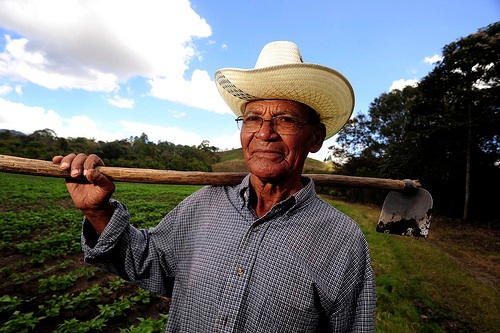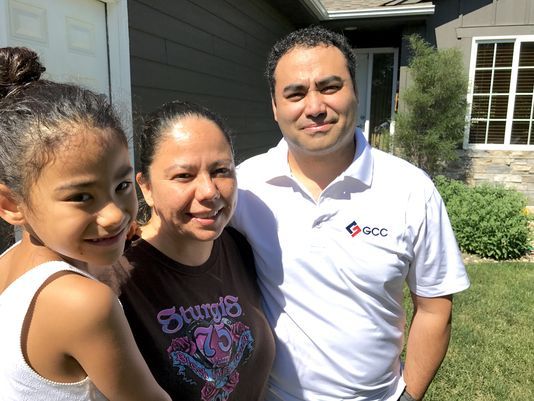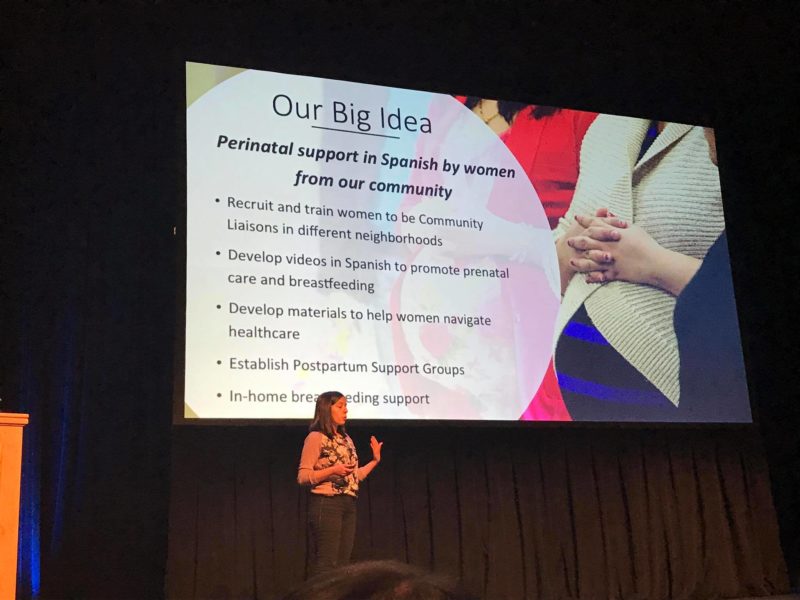Report: Heavily Latino Cities Named Least Educated in U.S.

Latinos have historically lagged behind whites in education. They have made strides, like a declining dropout rate and increased college enrollment, but are still more disconnected (not in school, not working) and lag in college completion. Education is key to health, income, and the economy. That's why the financial website WalletHub analyzed 150 U.S. metro regions with nine factors—like public school quality and college graduate rates—to find the "most educated" and "least educated" areas. Unfortunately, the five least-educated areas were all heavily Latino. The McAllen-Edinburg-Mission metro area in South Texas (85.77% Latino) was the least educated city in the country. The area came in 150th on the Educational Attainment and 104th on the Quality of Education & ...
Read More







